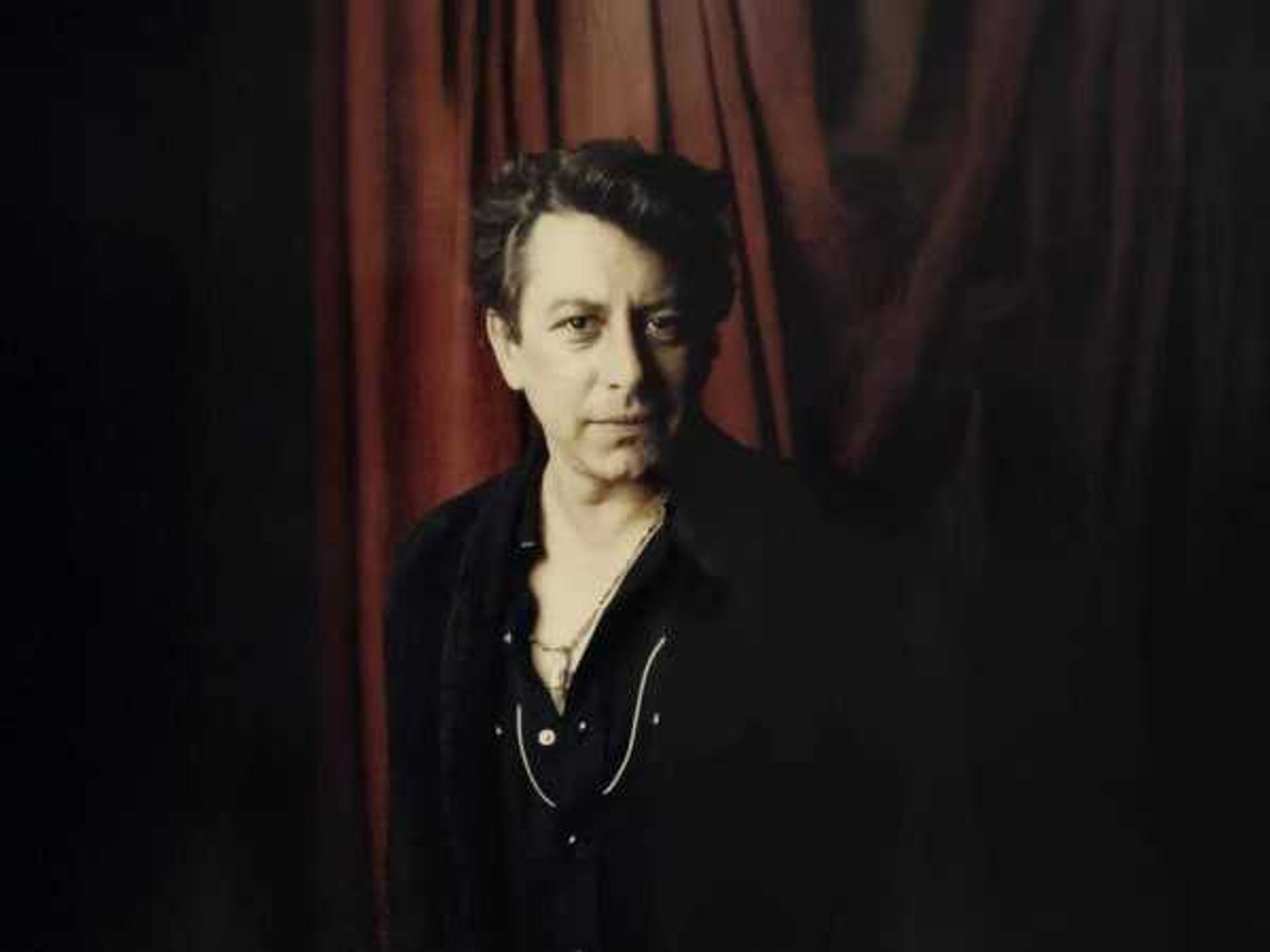An Edwards milestone
Beware of love: Blue Valentine will break your heart, rather than shock withNC-17 nudity
Writer and director Derek Cianfrance has done something very unusual in his first feature film, Blue Valentine; he’s asked questions that don’t have a specific answer. But they’re questions that most of us have puzzled over, and probably anguished over, in our own lives: Why does love that seems so true ever die, and where does it go when it’s dead?
The first questions come from Dean (Ryan Gosling), a blue collar guy, an employee at a moving company, with a philosophical and romantic bent. Before he ever meets Cindy (Michelle Williams), who will be the love of his life, he used to ask his fellow furniture movers if they believed in love at first sight, and other questions that guys like to kick around when they’re carrying sectional sofas.
It’s on one such move, while he’s going beyond the call of duty to be kind to an old man in a nursing home, that he meets Cindy. In answer to his question, Dean learns that love at first sight is quite real. Dean is awakened by her presence, turned on in a fundamental way. He feels free to be exactly himself when he’s with her.
It’s easy to see Dean’s allure for Cindy. From the looks of her family life, she’s probably lower-middle-class, but ambitious: she wants to be a doctor. (Cianfrance makes class details and distinctions matter in a rather subtle way here.) But it’s Cindy who, from the very beginning, asks the really hard questions here, the how does love die, as opposed to do you believe in love at first sight. Her parents are in a painfully loveless marriage, and she wonders what they ever saw in each other.
So maybe, when Dean lays siege to her in one of the most charming and winning seductions scenes ever filmed — she awkwardly, childishly, tap dances while he warbles “You always hurt the ones you love” on a deserted street — she says to herself, with this loveable nut, who’s so unlike my surly father, love will never die. And so she passes on the question of whether she, the would-be doctor, really wants to spend her life with a high school dropout.
But six or so years later, we find the couple setting out, at Dean’s insistence, to spend the night in a sex motel (he books the ominous sounding “future room”) so that they rekindle the erotic and emotional fire in their marriage. You see that his lack of ambition, his lack of growth (in a lateral move, he’s now a housepainter instead of a furniture mover), matters much more to her than his ability to wax charming.
In fact, his stuck-in-time charm has become a source of revulsion to her, as Williams’ performance shows in a strangely molecular manner. Her disdain for her husband comes from deep inside her, and she makes you feel how it pushes up to the surface of her highly expressive face.
Gosling’s performance is so warm and charismatic that it makes you admire Williams that much more. In the face of Gosling’s soul and his charm offensive, of his basic goodness, it takes a certain emotional bravery to play the cold, family-killing (they have a daughter) woman; a Wendy who finally has to tell Peter Pan that the sight of him makes her sick.
Cianfrance gives us the beginning and end of their story, cutting back and forth in time so that a moment of present despair is mirrored by a similar scene in which everyone looked so happy. He leaves out the middle: when Dean’s early morning drinking (according to Dean, one of the perks of house painting is that you “get to drink at 8 a.m.”) first got on her nerves. Or when she realized she was never going to be a doctor, and turned to nursing instead.
Cianfrance also muddies the waters between them in a way that would take a plot spoiler to describe. Let’s just say that Dean’s rush to marry Cindy has a saintly, wildly generous side to it, which makes her eventual dismissal of him even more biting — but real.
Blue Valentine is unusually grownup multiplex fare. I doubt that a more emotionally honest film has ever played at the Edwards. I was very happily surprised to see the auditorium almost half full at the first screening on a Friday afternoon. There really is an audience, however small, for art and truth.
Or, if you’re a cynic, there’s an audience for films that were originally rated NC-17. But sex as sad as much of what’s on display here needs its own special rating.
